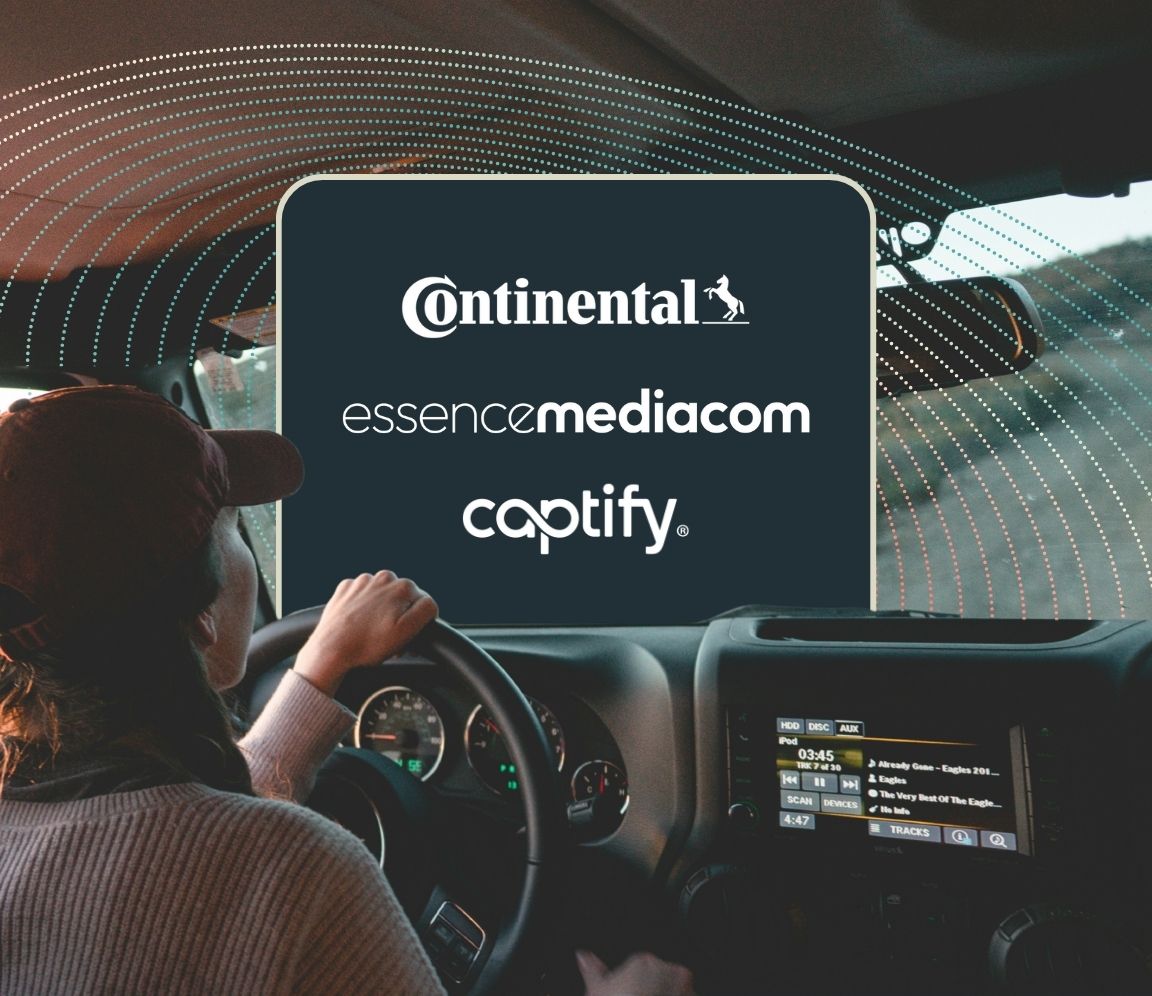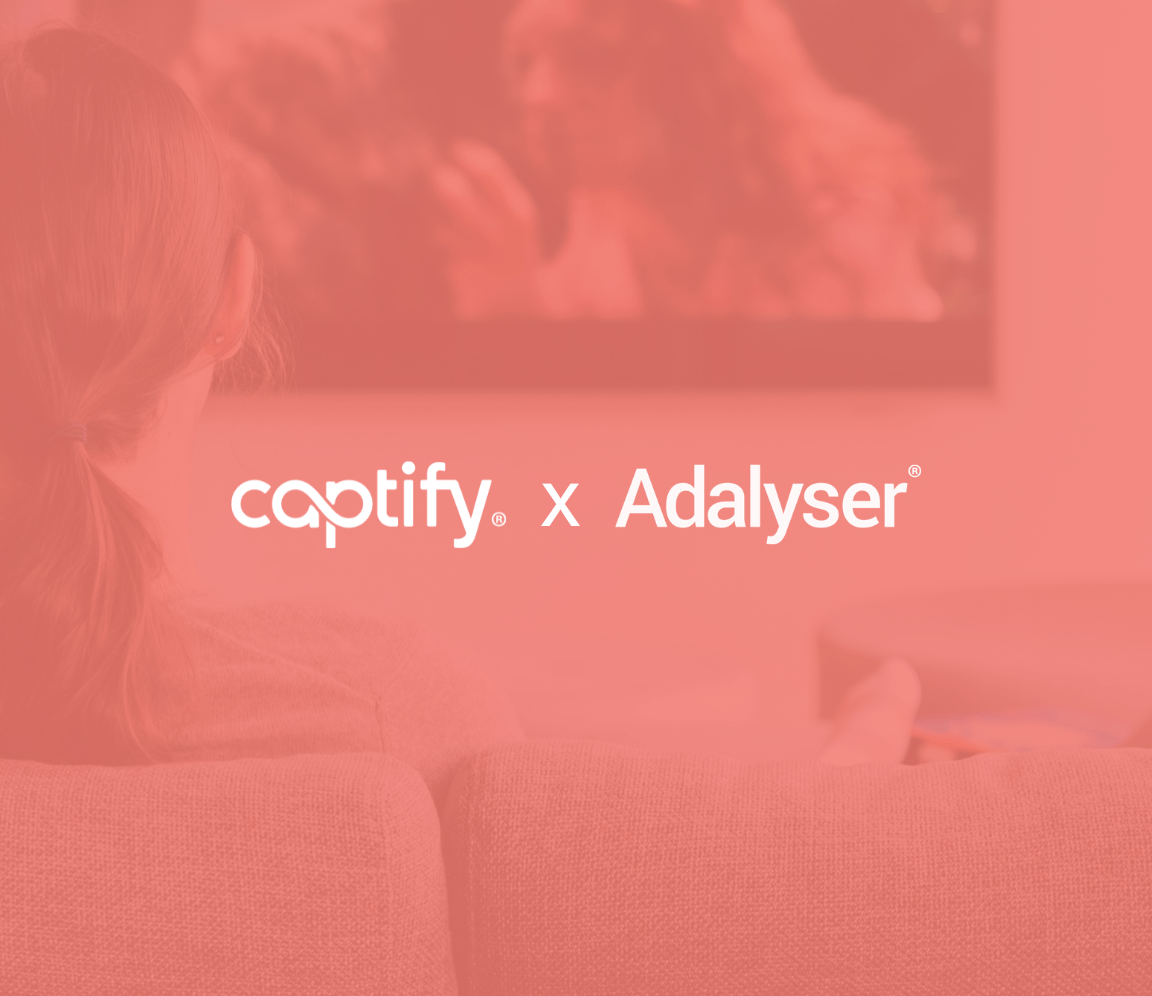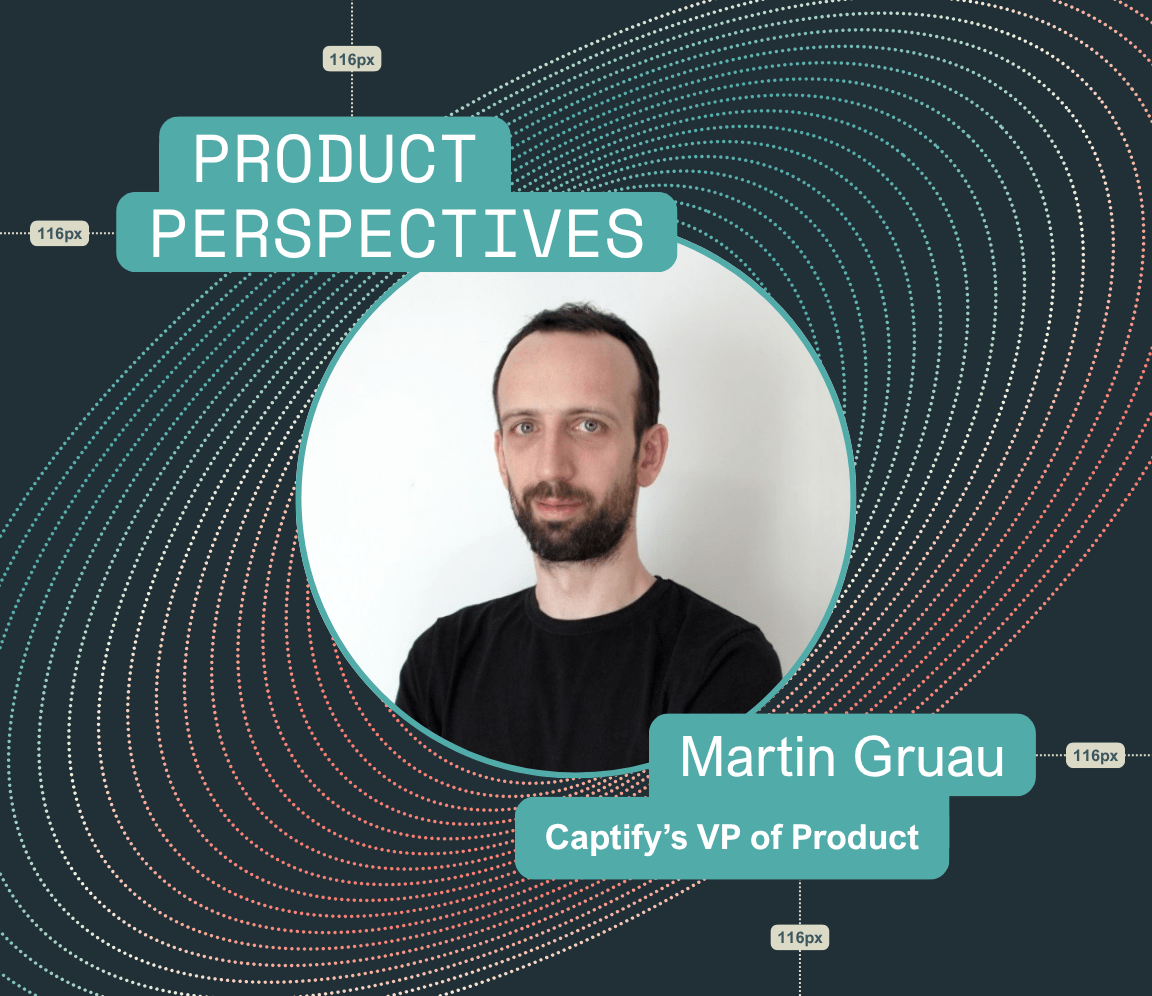Google’s announcement is a very public admission of what those involved in the sandbox consultation process have been saying for months. Their proposals were self-serving and did not work either for the ad tech industry or consumers.
Google aimed to turn a regulatory challenge into a corporate opportunity that did not meet the standards required by GDPR and was under investigation by the UK’s CMA for potentially creating a monopoly.
This is why Captify developed our cookieless solution, with no reliance on Google’s products—using the power of first-party search data to reach engaged audiences across all browsers. We are excited to see our Search-Powered Contextual not only beats industry benchmarks as well as our own cookie-based product—proving antiquated targeting methods can be laid to rest along with the third-party cookie, in favor of more consumer-conscious, privacy-first solutions.
______________________________________________________________________
Captify POV
Google may have changed the date for when the third-party cookie goes, but the end goal and outcome hasn’t and shouldn’t change. For those forward-thinking brands who are heavily invested in the benefits of a cookieless world— truly protecting consumer privacy and testing and implementing cookieless targeting solutions—should remain at the top of their priorities. Captify, as the leading Search Intelligence Platform for the open web, is primed and prepared for a more privacy-first world, regardless of any timeline decisions that Google makes. This enables brands and advertisers to stay on course and become early adopters in order to get the benefits of privacy-first, intent-based advertising without the need for third-party cookies. This is something Captify believes is crucial in protecting the relationship between brands and their consumers.
Today, Captify’s Cookieless Search-Powered Contextual solution is generating the highest performance on the market, while still powering deep consumer insights.



